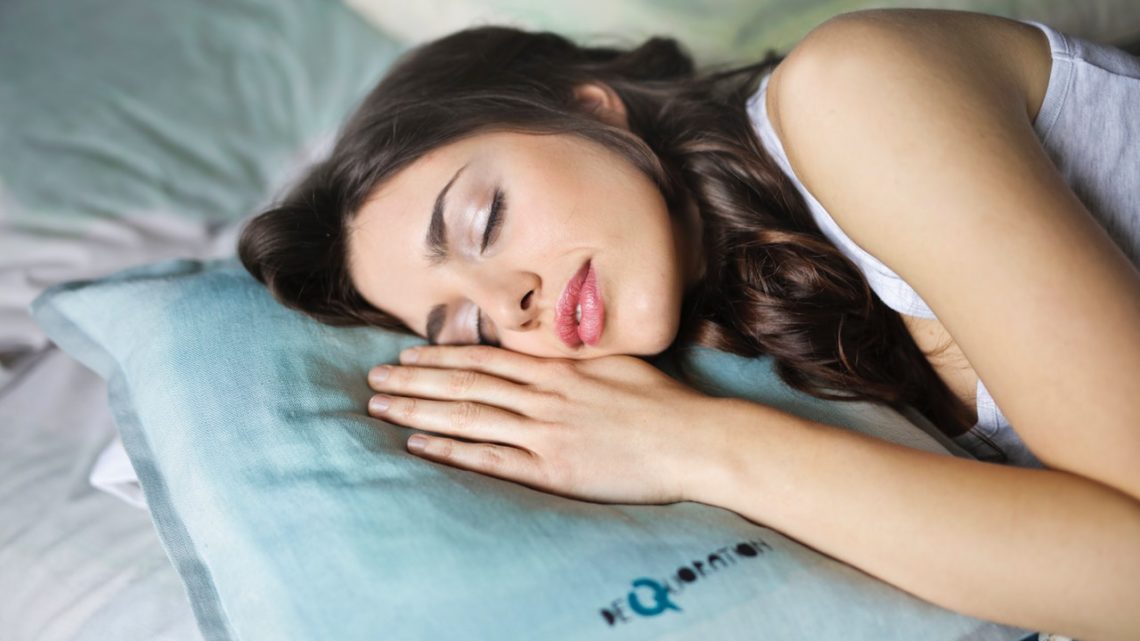When we were younger, our parents and all nursery school rhymes said counting sheep will help us fall asleep faster.
Although it worked back in the day, insomnia and restlessness is no laughing matter when you have a busy day waiting for you in the morning. Counting sheep may work occasionally, but if you are looking for a long-term sustainable home remedy to curb insomnia, counting will not help. Instead, you need to develop sleep habits that will encourage you to sleep better and have you wake up with a smile each morning.
These tips will help you get quality eye-shut.
1. Workout regularly
Exercise takes willpower, but if you want to get quality eye-shit consistently, you must develop and follow a consistent workout routine. Workout helps reset the sleep-wake cycle by first raising your body temperature before it drops. This automatically triggering sleepiness a few hours later. Physical activity increases the time you spend in deep sleep, restorative sleep phase. Deep sleep will boost your immune system, control stress and anxiety, as well as support cardiac health.
2. Mindfulness meditation
The mindfulness meditation process involves sitting quietly and taking slow, deep, steady breaths. During this time, you observe your body, feelings, sensations, and thoughts. Like deep sleep, mindfulness meditation boosts your immunity, reduces anxiety and stress, and improves concentration. If a racing mind is keeping you up at night, meditation will help quiet things down and prepare your mind to rest. It helps you fight fatigue and insomnia. During meditation, your body mimics the physical changes that occur just before you sleep. Your pulse tends to slow down, stress hormones decrease, and your blood pressure drops, preparing your body for rest.
Meditating before bedtime prepares you to drift off to sleep and helps you stay asleep. Adding essential oils for sleep to your meditation routine helps you sleep better since aromatherapy helps with sleeplessness. Essential oils have been used for centuries to promote physical wellness and relaxation, provide improved sleep quality, and relieve sleep disturbance in adults.
3. Manage stress
If you find your mind racing when you should be deep asleep, stress could be stealing your ability to fall asleep. Research indicates that around 40% of Americans feel tired and fatigued because of stress, which interfered with their ability to have a good night sleep. When you wake up tired, your day tends to drag which leaves you feeling more stressed, irritable, and anxious. To manage stress, adopt healthy habits like keeping a gratitude journal, yoga, progressive muscle relaxation, an going to sleep early. A study in applied psychology revealed that students who write in their gratitude journal fifteen minutes every night were less stressed and thus slept better.
4. Changing your diet
What you eat and drink plays a major role in how soundly you sleep. A lot of natural foods contain chemical properties that will help you feel relaxed and drowsy. Cheese, for instance, is packed with tryptophan an amino aid needed in the production of neurotraumatic serotonin which helps the body relax. Almonds contain grog-inducing tryptophan, calcium and magnesium which are essential for achieving quality sleep. Cherries contain the sleep hormone melatonin while bananas are rich in sleep-promoting carbs and tryptophan. Coffee may be a favourite in the morning, but if you want to sleep well at night, you must avoid it and other caffeine-rich stuff. Alcohol, spicy foods, and fatty foods will also interfere with your sleep patterns so avoid them as well.
5. Take time to wind down
For most people, bed time routines ended the moment they joined middle school. From there, it’s been the havoc of gadget after gadget. After you leave work, you are tempted to watch a little TV, maybe play a video game or two with your kids, answer a few emails, and finally catch up on social media before you drift off to sleep.
Research shows that people who interact with gadgets before bedtime are unlikely to have quality sleep. Limit the time you spend on gadgets in the evening, and completely stop using them an hour before your bedtime. This helps your mind to stop racing so you are more relaxed when you sleep.
Sleep is vital for your health, so don’t take it for granted just because you’ve had a few sleepless nights. Try as much as possible to have a regular routine and incorporate the tips in this post to improve the quality of sleep you have each night.
Thanks for reading this post. I hope you find it useful. Please feel free to share this post with your friends and family. After all, sharing is caring!











